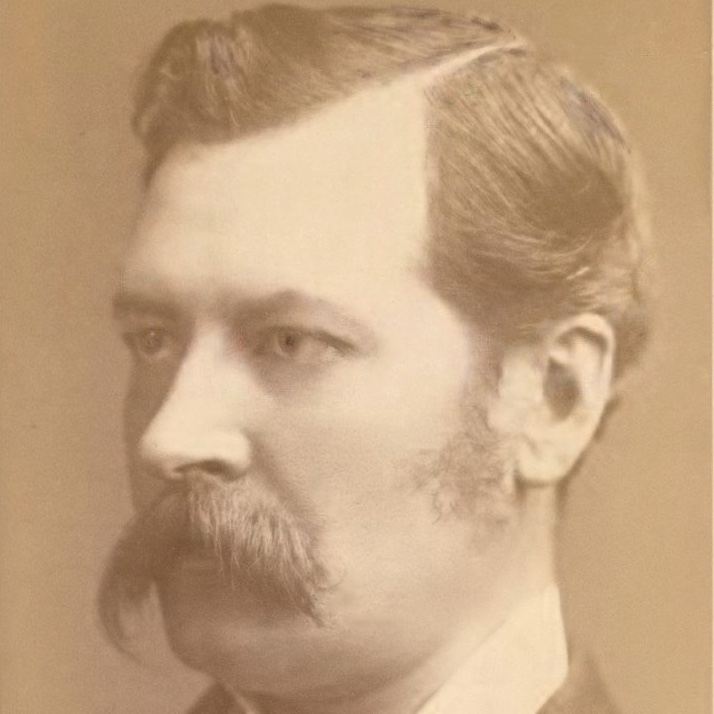We are the music makers,
And we are the dreamers of dreams,
Wandering by lone sea-breakers,
And sitting by desolate streams; —
World-losers and world-forsakers,
On whom the pale moon gleams:
Yet we are the movers and shakers
Of the world for ever, it seems.
With wonderful deathless ditties
We build up the world's great cities,
And out of a fabulous story
We fashion an empire's glory:
One man with a dream, at pleasure,
Shall go forth and conquer a crown;
And three with a new song's measure
Can trample a kingdom down.
A breath of our inspiration
Is the life of each generation;
A wondrous thing of our dreaming
Unearthly, impossible seeming —
The soldier, the king, and the peasant
Are working together in one,
Till our dream shall become their present,
And their work in the world be done.
Published:
1873
Length:
Regular
Literary Movements:
Symbolism
Anthology Years:
2025
Themes:
Agency
Faith & Hope
Music & Sports
Poetic Form
Strength & Resilience
Literary Devices:
End Rhyme
when a poem has lines ending with words that sound the same
Ode
a lyric poem in the form of an address to a particular subject, often elevated in style or manner and written in varied or irregular meter
Polyptoton
The use of multiple words with the same root in different forms.
Rhyme
correspondence of sound between words or the endings of words, especially when these are used at the ends of lines of poetry
Transferred Epithet
When an adjective usually used to describe one thing is transferred to another.

